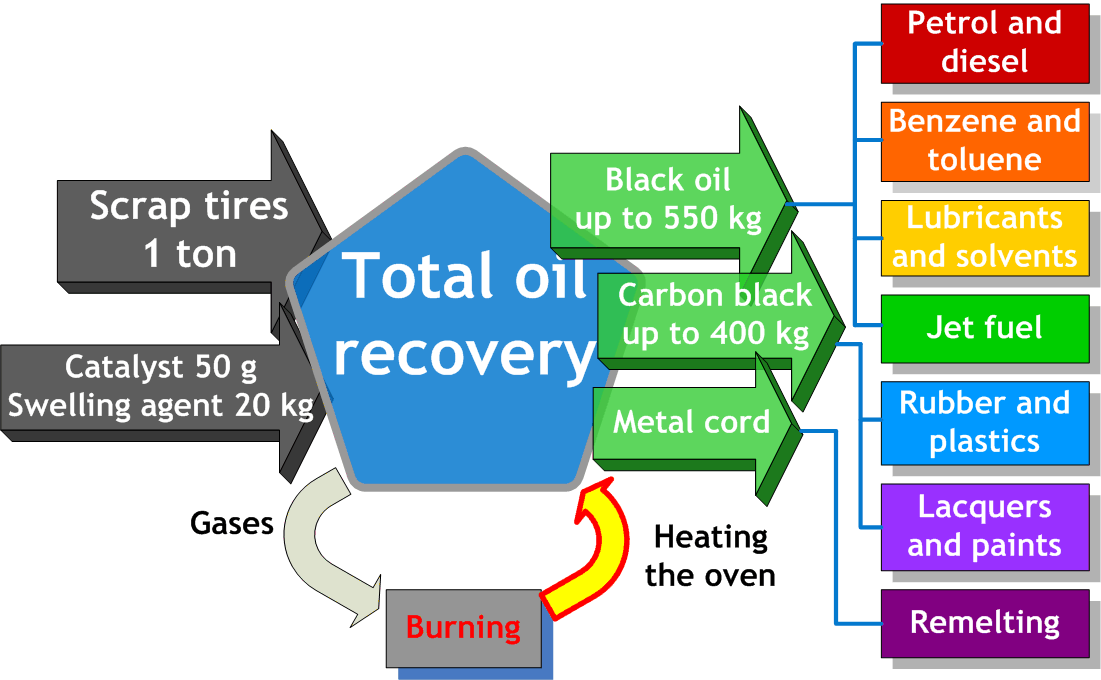

Innovative Technology Applications
Application of state-of-the-art technology ensures TREE's global trade strategies and supports our Renewable Biofuels Supply model
TREE applies a number of advanced information and trading systems which serve the needs of our physical fuel trade business, including Risk Management, Automated Trading and Trade Settlement Systems, by executing our trade positions and settlements globally, for each trade. These support our Trade Desk’s management of physical trades and logistics on a timely basis. Our operations and fuel production activities apply wide variety of advanced technology applications, enabling the production of zero-carbon biofuels from a variety of feedstock sources which will integrate seamlessly into our global supply chain.
IT & data security policies and procedures are executed by the implementation of advanced AI-based IT and data security systems that are designed to protect our assets and trades globally.
TREE implements a range of AI & Advanced IT systems to execute its main business operations:
-
Physical Fuel Trading
-
Risk Management
-
Trade Settlement
-
Trade Finance
-
Logistics
-
Trader Compliance
-
Terminal / Port Facilities Management

BioFuels Production
Pyrolysis

TREE plans for the implementation of initially two distinct renewable technologies >> Pyrolysis and Thermal Plasma Gasification (WtE).
The Pyrolysis system will intake primarily tires & plastics as its feedstock and produce a range of biofuels, including: Fuel Oil, Biodiesel and Biogas and limited amounts of bio-Jet Fuel.
See:
Fuel Production from Pyrolysis
Scientific Research of Pyrolysis
Diesel engine performance and emissions with fuels derived from waste tyres
Gasification (WtE)
Gasification of Municipal Solid Waste (MSW) is an attractive alternative fuel production process for the treatment of solid waste as it has several potential benefits over traditional combustion of MSW.
Syngas (or Synthesis Gas, which is a fuel gas mixture consisting primarily of hydrogen, carbon monoxide)
The primary use of Syngas is in the production of biofuels, such as methanol, and diesel fuel [or Biodisel]) produced from the gasification of MSW can be utilized as a gas fuel being combusted in a conventional burner or in a gas engine to utilize the heat or produce electricity.
Municipal solid waste (MSW) includes “trash” such as kitchen waste, electronics, light bulbs, plastics, used tires, old paint and yard waste. In the U.S., Japan, and Europe, laws and regulations have significantly increased recycling and reuse of materials from MSW. However, despite significant increases in recycling and energy recovery in those areas, only about a fourth of the total MSW is recovered—leaving the remaining three-fourths to be disposed of in landfills or incinerated (burned).
MSW can be converted into higher value gaseous or liquid fuels such as syngas or transportation fuels via chemical production systems such as Fischer-Tropsch or catalytic bio-syngas conversion to biodiesel, jet fuel, or biomethanol / bioethanol products.
FACTS:
> Latest Report from the DOE on MSW

Artificial Intelligence [A.I.] in Oil & Gas
Artificial intelligence (AI) is a diverse scientific field, but within the oil and gas industry there are two primary applications of the technology: machine learning and data science. The Machine Learning application by TREE will enable its computer systems to learn from and interpret trade and supply chain data, refining the process through iterations to produce programs tailored to specific transaction purposes. Within the oil and gas industry, this will allow TREE to monitor complex terminal operations and respond quickly to concerns that human terminal operators may not have been able to detect. Machine Learning can also be used to run simulations, using predictive data models to discover patterns based on a variety of inputs.
Data science uses AI to extract information and insights from data, using neural networks to link related pieces of data together and form more comprehensive pictures from existing information. TREE will use AI in its trading to make the complex data used for physical fuel trading, which will allow make better use of existing infrastructures and bolster the company’s AI capabilities, in developing a cloud-based geoscience platform.
The AI is designed to intuitively link information together, identifying new trade opportunities and workflows, and use these to create a robust image of FuelBank's global trading opportunities. The TREE can then consult the data in the knowledge-graph, with the AI using neural networks to perform simulations and interpret trading results.
AI will also be used to make terminal operations and fuel-flow to and from ships, via pipeline and to and from tanks a much safer prospect. The planned AI systems will be used in an analytics solution platform, which will monitor topside and individual tanks, pipeline connections & terminal-wide installations for all terminal structures, including the fueling piers. The AI platform will use machine learning algorithms to analyze sensor data, which will enable the terminal to identify optimal operations conditions and impending failures before they occur.


